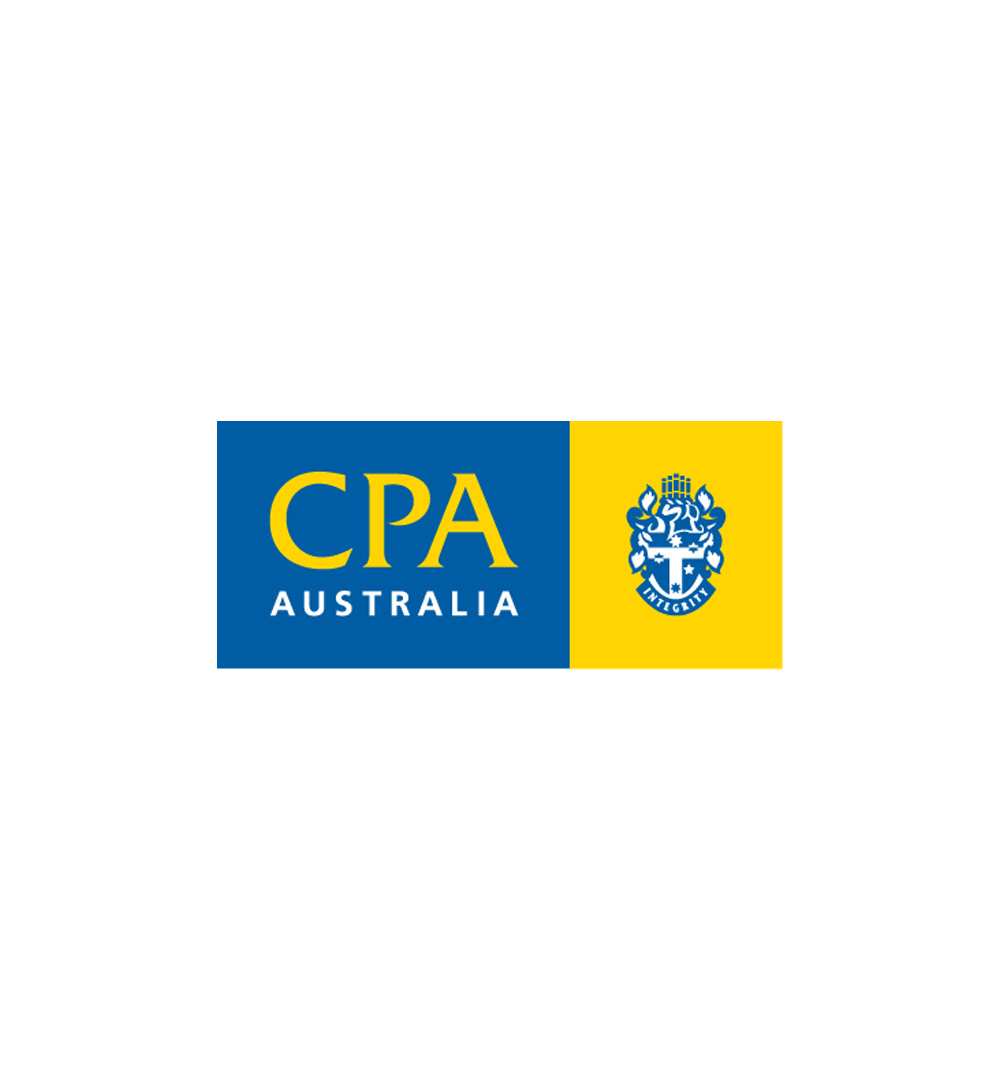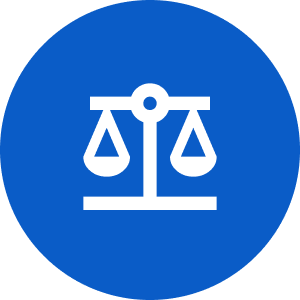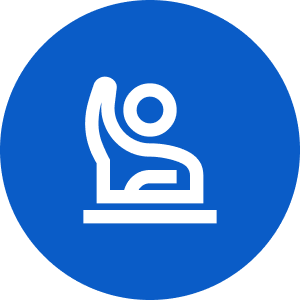Loading component...
Enrolling in a CPA Program subject
Taking your next step towards becoming a CPA
If you’re an Associate member, enrolling in CPA Program subjects is an essential step towards unlocking your full potential and becoming a CPA. Enrolling in subjects early in your journey as an Associate member allows for more flexibility later in the Program, and it also opens the possibility of achieving your designation in just three years.
"It’s not just the trust you get from the CPA designation, it’s the high bar it sets and the resilience you build."
Not a CPA Australia member?
You need to be an Associate member of CPA Australia before you can enrol in CPA Program subjects. If you’re not already a member, please complete an online membership application to see if you are eligible to become an Associate member. If that application is successful, you’ll be asked to activate your membership and enrol in the CPA Program.
Discover how to become a member.
We are here every step of the way
We are here to help with:
Feeling confident when navigating your first semester
The CPA Program fundamentals series will help you start your studies with confidence
Balancing your studies with work and personal commitments
Use our study planner and subject outlines to help plan ahead
Developing good study habits and preparing for your exams
You’ll find on-demand resources to suit your study style in My Online Learning
Addressing common barriers
How to enrol in a CPA Program subject
To enrol in a CPA Program subject please log in and complete the enrolment form linked below.
Important dates and fees for enrolment
Make sure you’re familiar with all the important dates and fees that apply to your enrolment in the CPA Program. Understanding these key dates is essential in planning the best study path for your needs.
Members from some Pacific regions can apply for a discount. Check your eligibility.
What changes you can make to your enrolment?
These changes can be made online through My CPA Program. Please note the closing dates for each of the above activities.
Rules and regulations
Make sure you fully understand the rules and regulations of the CPA Program to ensure that you comply with them.
Advance your career with the CPA Program
Explore how the CPA Program opens doors to new opportunities, boosts your professional value, and equips you with in-demand skills for a successful future.
How higher qualifications can boost your career
article·Published onSusan MuldowneyVisit INTHEBLACKYour brilliant career: 7 popular accounting and finance roles
article·Published onCameron CooperVisit INTHEBLACKWhy recruiters are looking for transferrable skills
article·Published onMegan BreenVisit INTHEBLACK
Inspiring your next move
Start your CPA Program with confidence by exploring expert-led podcasts on finding meaningful work and building the connections that lead to career success.
How to find career fulfilment
Find meaningful work and maybe even a happier you
- Personal and career development
18 min listening timePublished on3 ways to elevate your AI marketability
How to level up your AI game and boost your marketability in accounting and finance
- Personal and career development
- Technology
25 min listening timePublished onHow to find career fulfilment
Why purposeful work and fulfillment is good for you and your employer
- Personal and career development
18 min listening timePublished on
Follow our YouTube channel






